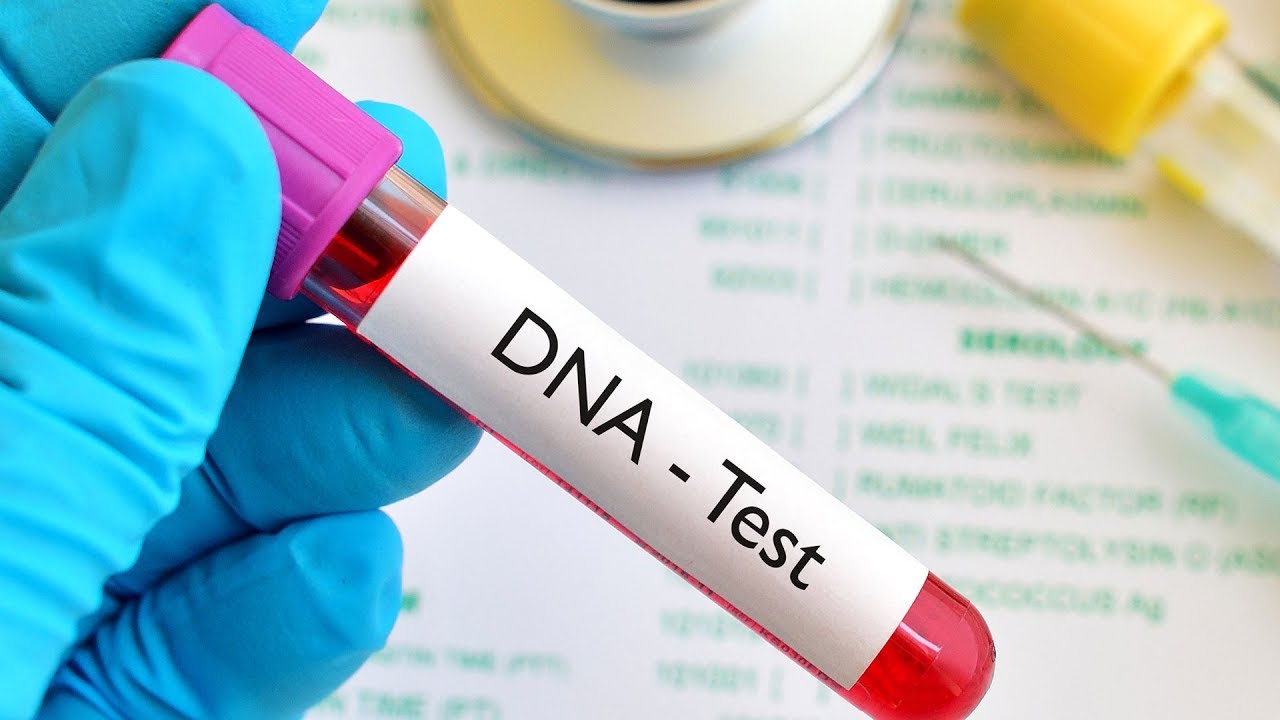There was a time in the past when getting a DNA test was a complicated procedure that had to be done by a doctor or a medical professional. It usually required a blood sample and was prohibitively expensive for most people. Fast-forward to the present though and things have changed dramatically – you can now do a DNA test at home using a simple mouth swab (eliminating the need for a doctor or phlebotomist) and a commercial company can analyze your DNA samples for a little over $100. You can even pick up a test in a pharmacy or supermarket!
This leads to the question – are these cheap ‘at home’ paternity tests accurate? Can the results be trusted? Can the results be used in court? Let’s find out…
Is the testing company accredited?
There are dozens of commercial DNA testing companies out there, and they are not all the same. Whichever company you decide to use, their testing lab must be ISO accredited. If it’s not, you have no guarantee at all that your results will be honest or accurate.
More specifically, the lab should carry the ISO 17025 accreditation – a quality standard that applies to testing and calibration laboratories. This ensures that the lab operates a quality system, is technically competent and able to generate technically valid results.
You can search for accredited companies on the ISO website.
Other ways to tell if a lab is trustworthy:
- Are they approved by a government agency such as the Department of Justice (in the United States) or the Ministry of Justice (UK)?
- Does their website display a real physical address, local phone number and a complaints procedure?
- Does the company have any genuine, verified reviews on an independent review site such as TrustPilot or DNA Testing Choice?
- Do they have any other awards or accreditations?
Do you need the test for legal purposes?
A DNA test that you do at home will not be admissible in court. Think about it – if you do the test alone with no witnesses, how can a court be sure that the samples came from the right people? How do they know they weren’t tampered with? The lab simply has to trust you and take your word for it.
A home test is often referred to as a ‘peace of mind’ test (or ‘POM’ for short). This type of test is intended for you own person use only. The results are still scientifically accurate and valid, just as long as the samples came from the people you say they did.
If you do need a DNA test for official purposes (for example a child custody dispute or an immigration case) then you will need what’s known as a ‘legal’ test, which works a little differently. Instead of providing the samples yourself, a professional sample collector will visit your home and take the samples instead. They will check everybody’s ID and verify that the samples were taken from the correct individuals. The samples will then be transported back to the testing lab under a strictly controlled chain of custody – this ensures that there are no mix-ups and no tampering. Once the samples arrive at the lab, the scientific process is exactly the same.
Due to the extra work involved, a legal test is usually a little more expensive.
What kind of test do you need?
By far the most popular type of DNA test is a paternity test, however there are a number of other relationship tests available – such as sibling testing, grandparent testing, aunt/uncle testing and so on.
A paternity test is looking for a direct relationship. You inherit exactly 50% of your DNA from each parent – so if a man a child share 50% of their DNA, you can be pretty confident that the man is the child’s father
However some other types of test – such as a sibling test – are indirect and can only provide a probability that the two individuals are related. A pair of full biological siblings will share on average 50% of their DNA, but this number could be higher or could be lower. It is therefore more difficult to get a conclusive result. If you wanted to conclusively prove that two people are siblings, you would need to get both siblings to do a paternity or maternity test with the suspected father or mother.
In conclusion
Are home paternity tests accurate? Yes, but only if the lab doing the test is accredited and the samples are taken properly.
If you are considering getting a paternity test, you can find support and information at Citizen’s Advice.



